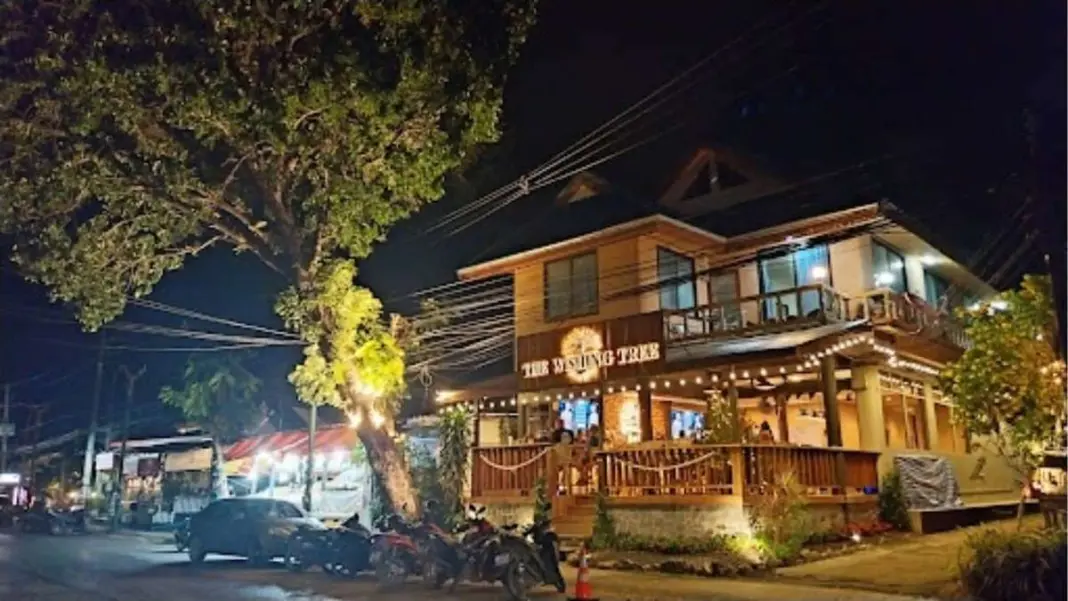Viral Post Sparks Outrage on Koh Samui
A sun-soaked Thai island. A popular restaurant. And a social media post that explodes overnight.
On 26 September 2025, a furious message races across the internet. The claim? That The Wishing Tree Koh Samui ejected a group of Israeli guests in protest against Israel’s actions in Gaza.
The post brands the tourists “IDF soldiers” and calls for a boycott. “We must not allow war criminals involved in the genocide of Palestinians to stain our restaurant,” the post declares.
The internet reacts instantly. Some praise the supposed action. Others slam it as outright discrimination and xenophobia.
Restaurant Fights Back Against Accusations
Now, The Wishing Tree Koh Samui is fighting to set the record straight.
“These claims that we refused service to Israeli guests are completely unfounded,” the management insists in a detailed statement.
The restaurant explains the incident happened around 5:30pm, while the owner was away. There was a heated exchange between a guest speaking Moroccan Arabic and Dutch, and a group of Israelis. Staff, they say, never got involved.
Video Evidence Clears the Restaurant
The restaurant says it has proof on its side.
“Video footage confirms that no one was asked to leave,” the statement reads. The viral clip wasn’t filmed or shared by the restaurant itself.
Management stresses: “Our restaurant is committed to welcoming and serving all guests equally—without discrimination of any kind, regardless of nationality, religion, or identity.”
Tourism Industry Faces Tough Questions
The uproar has triggered a bigger debate across Thailand’s tourism sector.
Should businesses wade into global political conflicts? Most voices say no. Neutrality and inclusivity are the watchwords.
Thailand relies on visitors from every corner of the globe. Political statements by hotels or restaurants could drive tourists away—especially as the industry struggles to recover from the pandemic.
Can The Wishing Tree Recover?
For The Wishing Tree Koh Samui, the fallout may already be severe.
Despite their denials, the false claims keep spreading online. Now, the restaurant faces a double battle: repairing its reputation and setting the record straight.
This saga is a stark reminder. In the age of social media, misinformation can destroy trust in an instant—especially in the fragile world of tourism.




